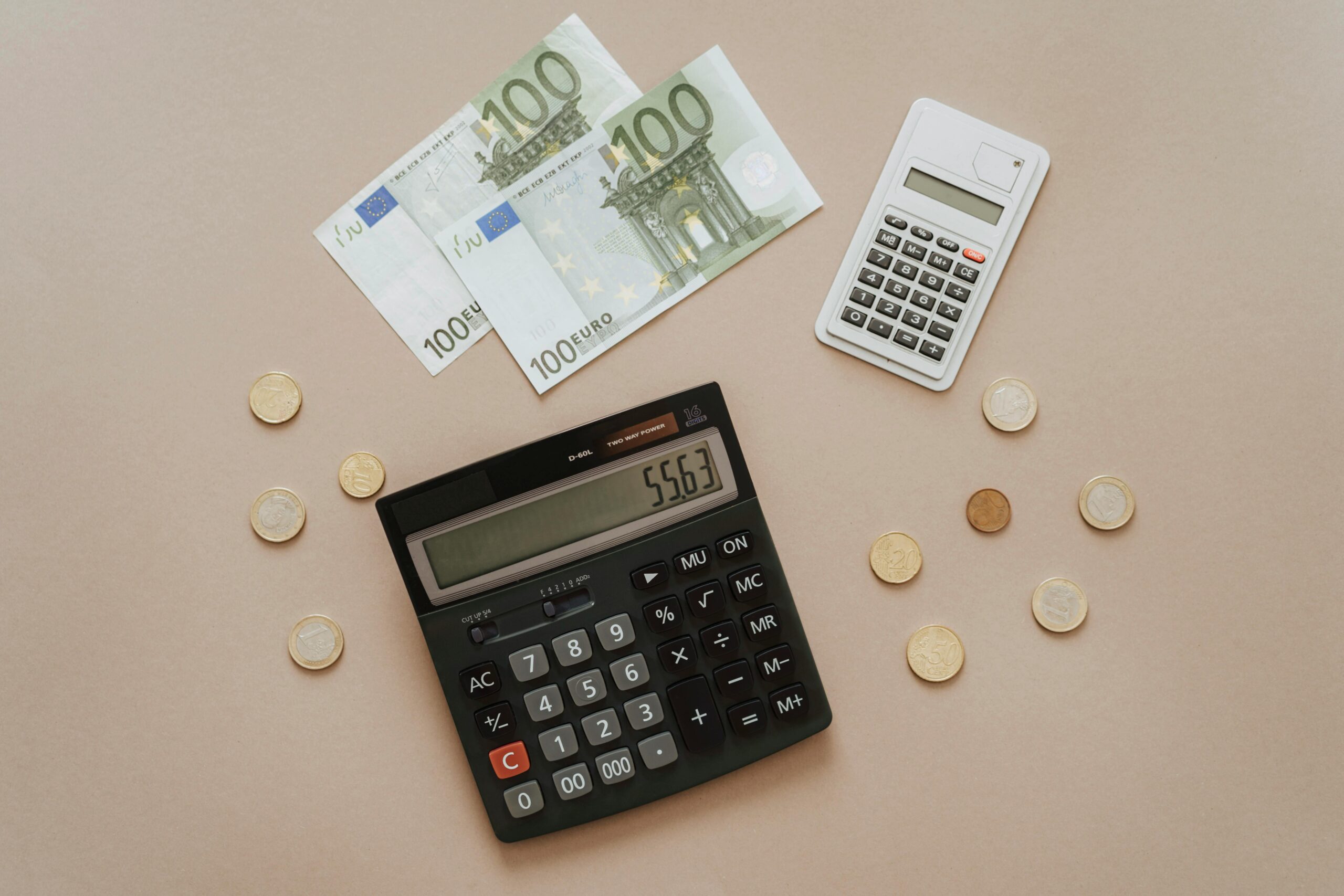VAT IN UAE
In the United Arab Emirates, VAT was introduced on January 1, 2018, at a standard rate of 5%. It serves as a vital source of revenue for funding public services and diversifying the country’s income streams beyond oil revenues.

WHAT IS VAT?
Value Added Tax (VAT) is an indirect tax imposed on most goods and services in the UAE. It’s a consumption tax levied at each stage of the supply chain, with businesses acting as intermediaries in collecting and remitting it to the government.
VAT plays a crucial role in the UAE’s economic landscape for several reasons
WHY VAT?
VAT plays a crucial role in the UAE’s economic landscape for several reasons

Economic Diversification
VAT helps reduce dependency on oil revenues by diversifying income streams.

Funding Public Services
Revenue from VAT funds essential public services like healthcare, education, and infrastructure development.

Stability and Growth
VAT provides a stable source of income, fostering economic stability and investor confidence.
SERVICES OFFERED
At WEAB, we offer a range of VAT services to help businesses navigate the UAE's taxation system
VAT Registration
VAT Return Filing
VAT Consultancy
VAT Health Check
VAT Deregistration
VAT Refund
Tax Agency Services
Training and Workshops
Need Help?
FAQs
Businesses must register for VAT if their taxable supplies and imports exceed AED 375,000. Voluntary registration is also available if supplies are below this threshold but exceed AED 187,500, or if expenses surpass the voluntary threshold.
Commercial property sales or leases are taxable at 5% VAT, while residential properties are generally exempt. The first sale or lease of residential properties within 3 years from completion is zero-rated.
Registered businesses must file VAT returns with the FTA within 28 days of the end of the Tax Period.
Businesses must adapt their operations, financial management, bookkeeping, and technology to comply with VAT. Understanding VAT implications and aligning with government reporting and compliance requirements are essential.
VAT-registered businesses must charge VAT on taxable goods/services, reclaim VAT on business-related expenses, maintain VAT-related records like tax invoices, and report their taxable supplies and purchases in periodic VAT returns.
Let's Get Started
Ready to take the next step in understanding VAT and its implications for your business? Fill out the form below to get started!

